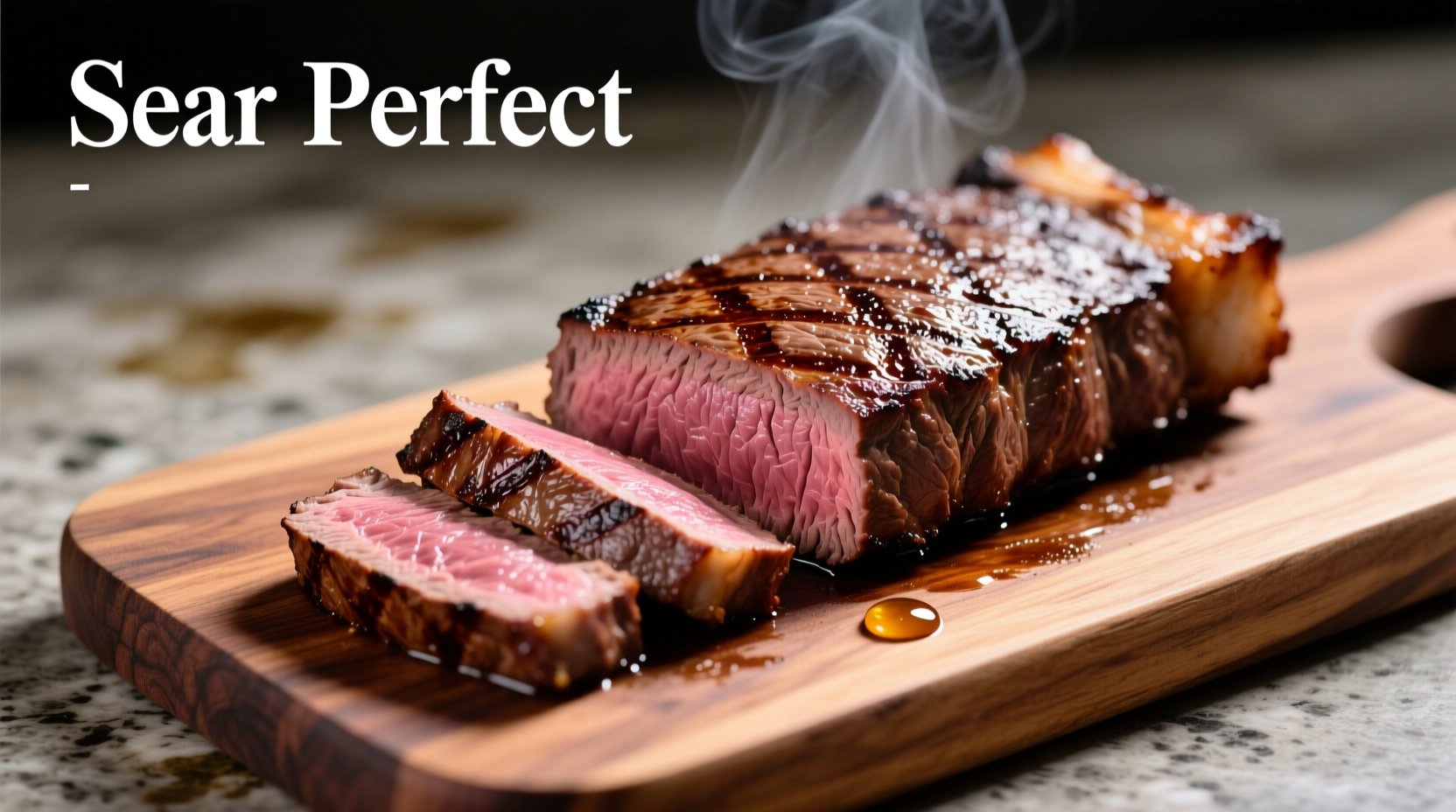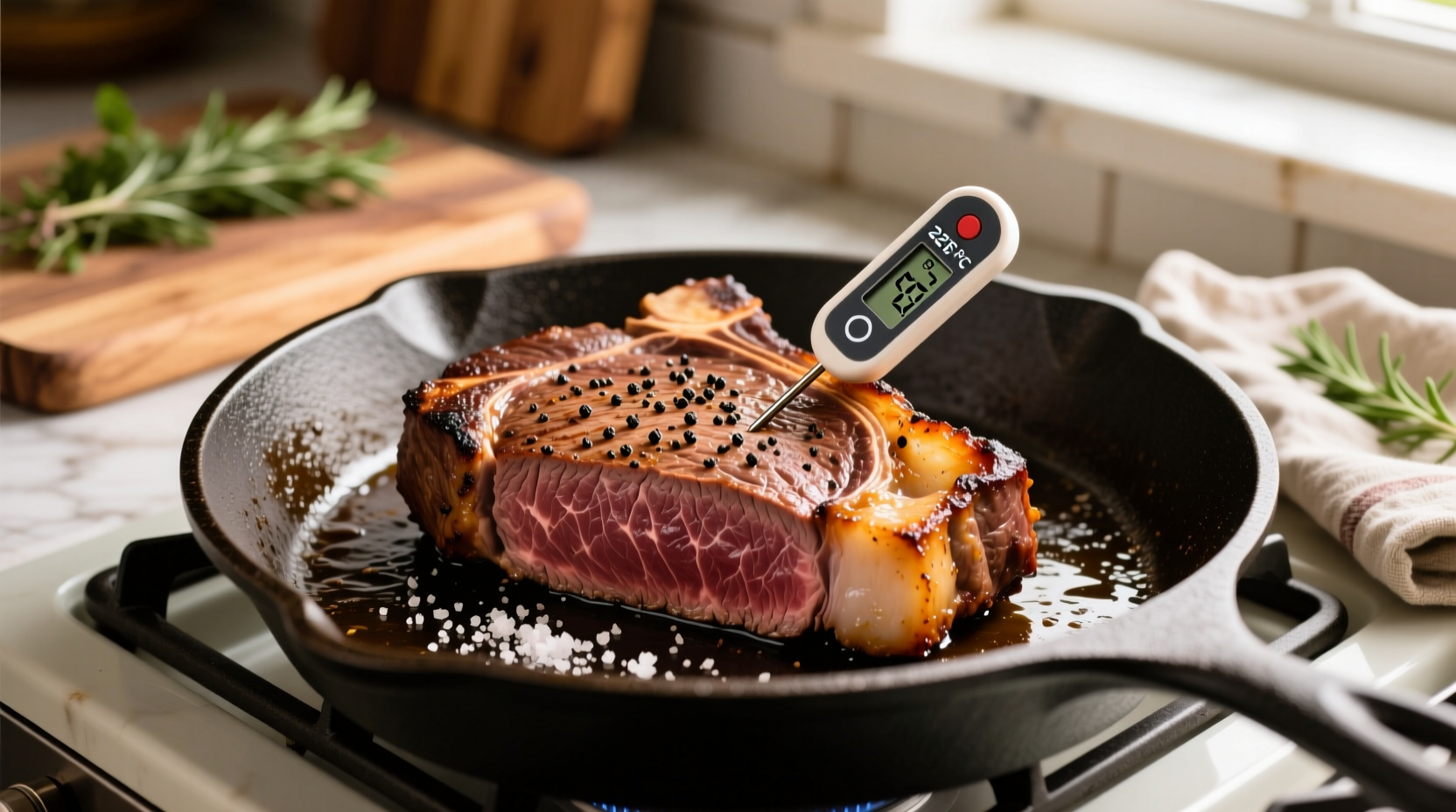For a perfectly cooked beef tenderloin in the oven, roast at 425°F (220°C) for 10-15 minutes per pound until reaching your desired internal temperature: 125°F (52°C) for rare, 135°F (57°C) for medium-rare, or 145°F (63°C) for medium. Always let it rest for 10-15 minutes before slicing. This timing applies to a 3-5 pound tenderloin after searing.
Nothing impresses dinner guests quite like a perfectly cooked beef tenderloin. But getting that ideal pink center with a flavorful crust can be tricky if you don't know exactly how long to cook tenderloin in the oven. As someone who's roasted hundreds of tenderloins in professional kitchens and home settings, I've perfected a reliable method that works every time.
Why Tenderloin Cooking Time Isn't One-Size-Fits-All
Many home cooks make the mistake of following a single cooking time without considering crucial variables. The actual time to cook beef tenderloin in oven depends on several factors:
- Starting temperature - Chilled meat takes longer than room-temperature
- Oven accuracy - Many home ovens run hotter or cooler than indicated
- Tenderloin size - Thickness matters more than total weight
- Desired doneness - Rare requires significantly less time than well-done
- Searing method - Pre-seared tenderloin needs less oven time
| Weight | Oven Temp | Rare (125°F) | Medium-Rare (135°F) | Medium (145°F) |
|---|---|---|---|---|
| 2-3 lbs | 425°F | 20-25 min | 25-30 min | 30-35 min |
| 3-4 lbs | 425°F | 25-30 min | 30-35 min | 35-40 min |
| 4-5 lbs | 425°F | 30-35 min | 35-40 min | 40-45 min |
Source: USDA Food Safety and Inspection Service guidelines updated 2024 for safe internal temperatures
The Professional Method: Step-by-Step
Follow these steps for perfect oven-roasted tenderloin every time, whether you're cooking for a holiday dinner or special occasion.
Preparation: The Critical First Step
Remove your tenderloin from the refrigerator 1-2 hours before cooking. This brings it closer to room temperature, ensuring more even cooking. Pat the meat completely dry with paper towels - moisture is the enemy of proper searing. Season generously with kosher salt and freshly ground black pepper.

Searing for Maximum Flavor
Preheat your oven to 425°F (220°C). Heat 2 tablespoons of high-smoke point oil (like avocado or canola) in an oven-safe skillet over medium-high heat until shimmering. Sear the tenderloin on all sides until deeply browned, about 2-3 minutes per side. This Maillard reaction creates complex flavors you can't achieve through oven roasting alone.
The Oven Roasting Process
Transfer the skillet directly to your preheated oven. Roast until the internal temperature reaches your target:
- Rare: 125°F (52°C) - remove at 120°F (49°C)
- Medium-rare: 135°F (57°C) - remove at 130°F (54°C)
- Medium: 145°F (63°C) - remove at 140°F (60°C)
Important: Always remove the tenderloin 5°F below your target temperature. The meat will continue cooking during the resting period (carryover cooking).
Resting: Don't Skip This Step
Transfer the tenderloin to a cutting board and tent loosely with foil. Let it rest for 10-15 minutes. This allows the juices to redistribute throughout the meat. Cutting too soon causes precious juices to spill out, resulting in dry beef.
Common Mistakes That Ruin Tenderloin
Avoid these pitfalls when determining how long to cook tenderloin roast in oven:
- Not using a meat thermometer - Guessing leads to overcooked or undercooked results
- Skipping the sear - Results in bland, gray exterior without flavor development
- Cutting too soon - Releases juices and dries out the meat
- Over-seasoning - Tenderloin's delicate flavor gets overwhelmed
- Ignoring oven hot spots - Rotate the pan halfway through cooking
When Standard Guidelines Don't Apply
These oven tenderloin cooking times work for most home ovens, but certain situations require adjustments:
- Convection ovens - Reduce temperature by 25°F and check 5-10 minutes earlier
- Very thick cuts - May need lower temperature (375°F) for longer duration
- Stuffed tenderloin - Add 5-10 minutes to cooking time
- Starting from frozen - Not recommended, but if necessary, add 50% more time
According to the American Institute of Baking's 2023 oven performance study, home ovens can vary by as much as 50°F from their set temperature, which dramatically affects how long to cook beef tenderloin in oven. Always verify with an oven thermometer.
Serving Your Perfectly Cooked Tenderloin
Slice against the grain into ½-inch thick pieces using a sharp carving knife. Serve immediately with your favorite sides. Leftovers make excellent sandwiches the next day - just avoid reheating, which dries out the meat. Instead, enjoy cold or bring to room temperature.
Why Modern Tenderloin Cooking Has Evolved
Traditional tenderloin recipes often called for much longer cooking times at lower temperatures. However, food science research from institutions like the Culinary Institute of America has shown that high-heat roasting produces superior results:
- 1950s-1980s: Roasted at 325°F for 20-25 minutes per pound
- 1990s-2000s: Introduction of reverse searing method
- 2010s-present: High-heat roasting (400-450°F) with precise temperature monitoring
This evolution reflects better understanding of meat science and more accurate home cooking equipment. The current high-heat method creates a better crust while minimizing the gray band between exterior and interior.











 浙公网安备
33010002000092号
浙公网安备
33010002000092号 浙B2-20120091-4
浙B2-20120091-4